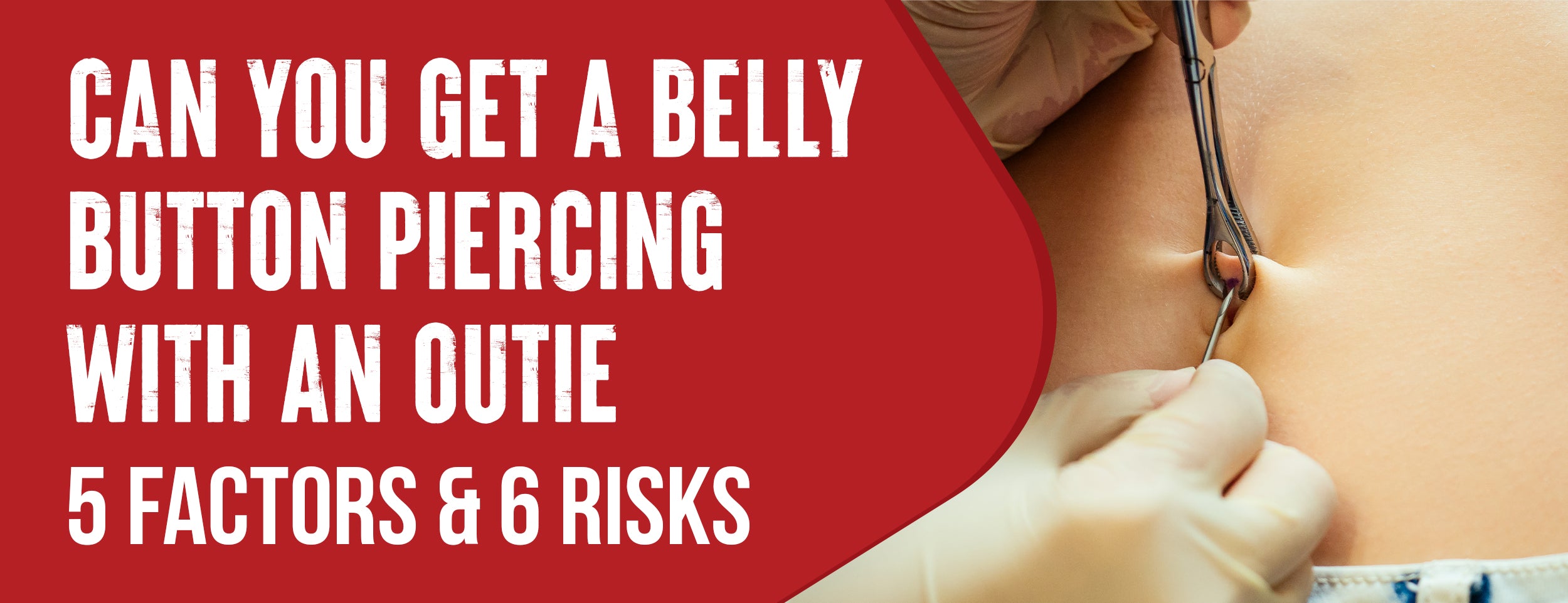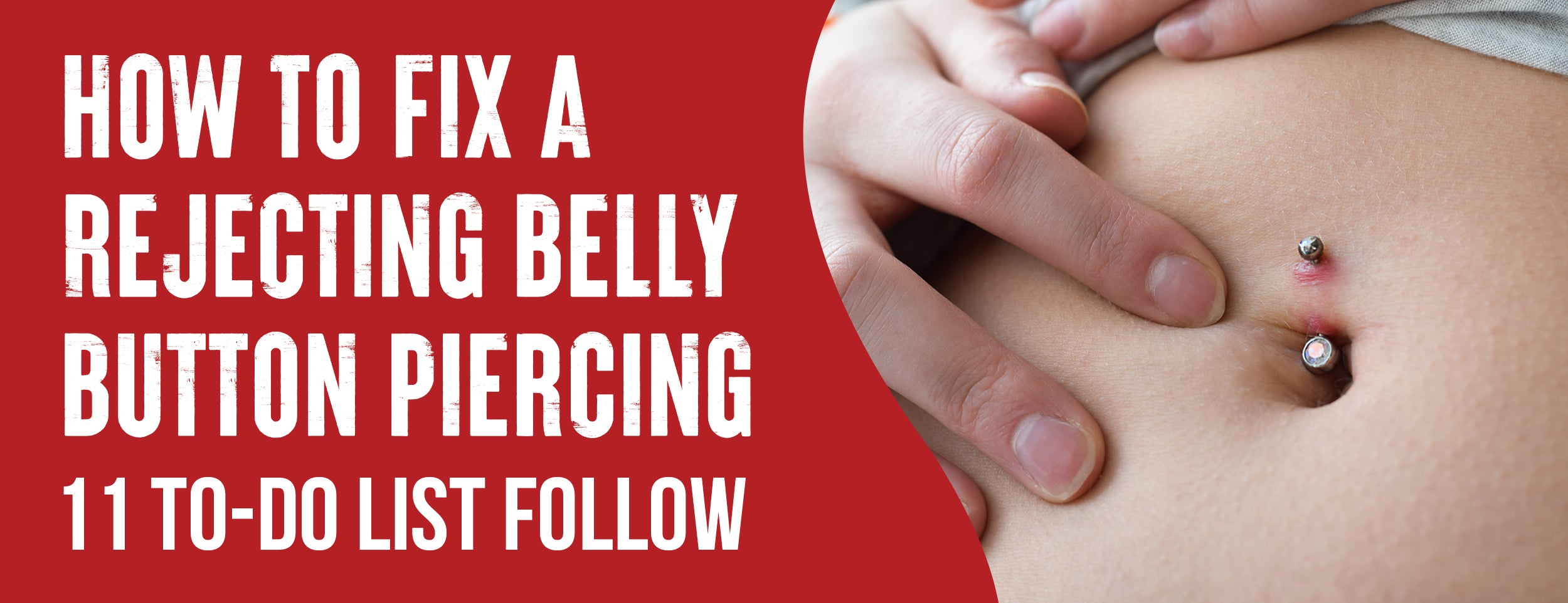You might notice changes in your skin around the piercing if you have a minor infection. You might see that your skin turns red or darker than usual.
You can treat an infected nipple piercing by applying a warm compress. Additionally, you can use over-the-counter topical creams like Dr.Numb® or prescription topical creams. Oral antibiotics may be necessary to provide coverage for streptococcus and staphylococcus bacteria.
This blog post discusses initial home care, using OTC remedies, and prevention tips for treating infected nipple piercing.
[product-gpt] [product-recommendation]
How to Treat Infected Nipple Piercing: Initial Home Care
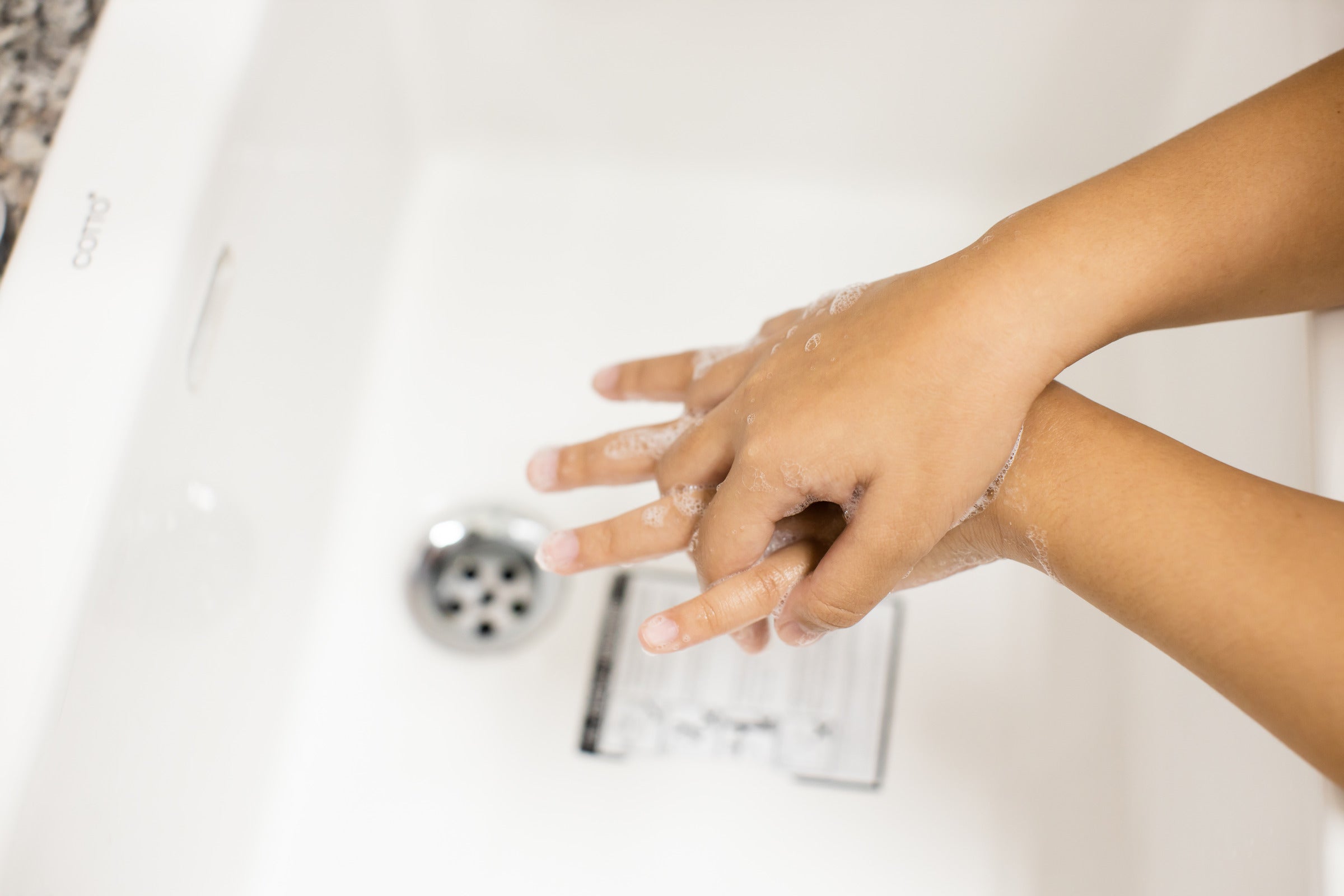
You can take immediate steps at home to help alleviate an infection of your nipple piercing in case it becomes infected. Preventing the infection from worsening requires maintaining a particular care order. The following simplified guide will help you understand and execute these steps effectively:
Cleaning the Infected Piercing
The first step in your care routine should be cleaning the infected area. This process is essential in removing harmful bacteria that could exacerbate the infection. Here's how you can do it:
- Wash your hands thoroughly: Always clean your hands before touching the infected area to avoid introducing more bacteria.
- Prepare a saline solution: Heat 8 ounces of water with 1 teaspoon sea salt. This solution will act as a disinfectant.
- Clean the piercing: Dip a cotton ball in the saline solution and gently dab it on the infected area. Repeat this process twice a day.
Maintaining the Jewelry
It might seem logical to remove the jewelry when a piercing becomes infected. However, contrary to popular belief, the jewelry should remain in place initially. Here's why:
- Drainage: The jewelry acts as a drain for the pus formed due to the infection. Removing it could lead to an abscess.
- Healing: Keeping the jewelry in allows the piercing to remain open, promoting better healing.
Nipple Piercing Treatment: Using OTC Remedies
Should your nipple piercing become infected, several over-the-counter (OTC) products can relieve and promote healing. These products are designed to combat infections and are usually easy to use. Let's explore some common OTC treatments and how to utilize them correctly.

Saline Solution
A saline solution is a simple yet effective remedy for an infected piercing. Here's how you can use it:
- Buy a pre-made solution: These are readily available at most pharmacies.
- Usage: Use a cotton ball soaked in the solution to gently clean the infected area twice daily.
Topical Antibiotic Ointments
Antibiotic ointments like can help fight the infection. Here's the correct way to use them:
- Apply sparingly: Only a thin layer of ointment is needed on the infected area.
- Frequency: Use it twice daily after cleaning the area with a saline solution.
Over-the-Counter Pain Relievers
The pain and swelling can be managed using pain relievers. For dosage and frequency, follow the package instructions.
Infection After Nipple Piercing: When to Get Professional Help
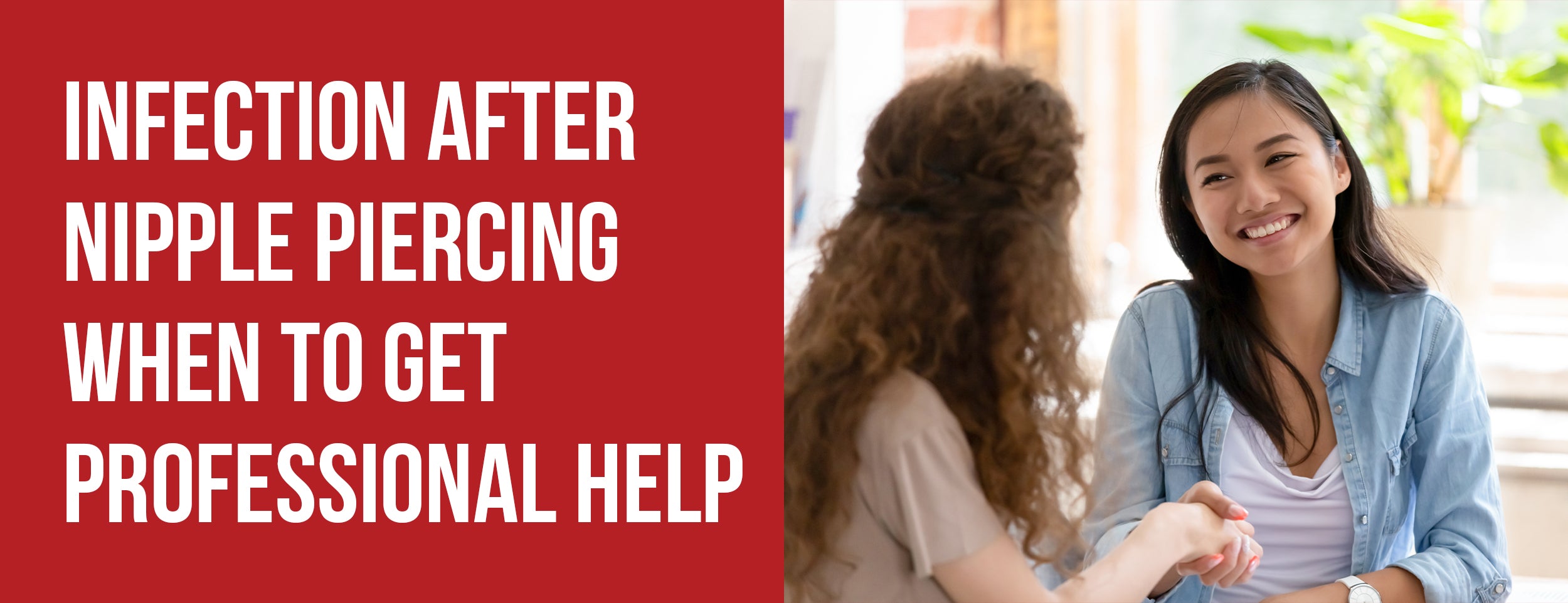
Dealing with an infected nipple piercing can be tricky. While there are many things you can do at home to help it get better, sometimes you need to get help from a professional. Knowing when to talk to a piercer or a doctor is essential. Ignoring severe symptoms could make things worse. Here's what you need to learn.

Signs You Need to See a Professional
Sometimes, your body will signal that it's time to get help. Here are some things to look out for:
- Infection is not improving: If you've been treating the infection at home for a week and it's not improving, it's time to see a professional.
- You're feeling sick: If you have a fever, chills, or feel unwell, you might have a more severe infection.
- The area around the piercing changes: If you notice red streaks or excessive swelling, or if the skin around the piercing is hot to the touch, you may have a severe problem.
What Could Happen if You Ignore These Symptoms
Ignoring severe symptoms can lead to more significant problems. Here's why:
- The infection could spread: If left untreated, the infection could spread to other areas of your body, which could be very dangerous.
- You could get scars: Severe infections can damage your skin and leave scars.
- The piercing could close up: If the infection gets bad, you might have to remove the jewelry, which could cause the piercing to close.
Infected Nipple Piercing Prevention Tips
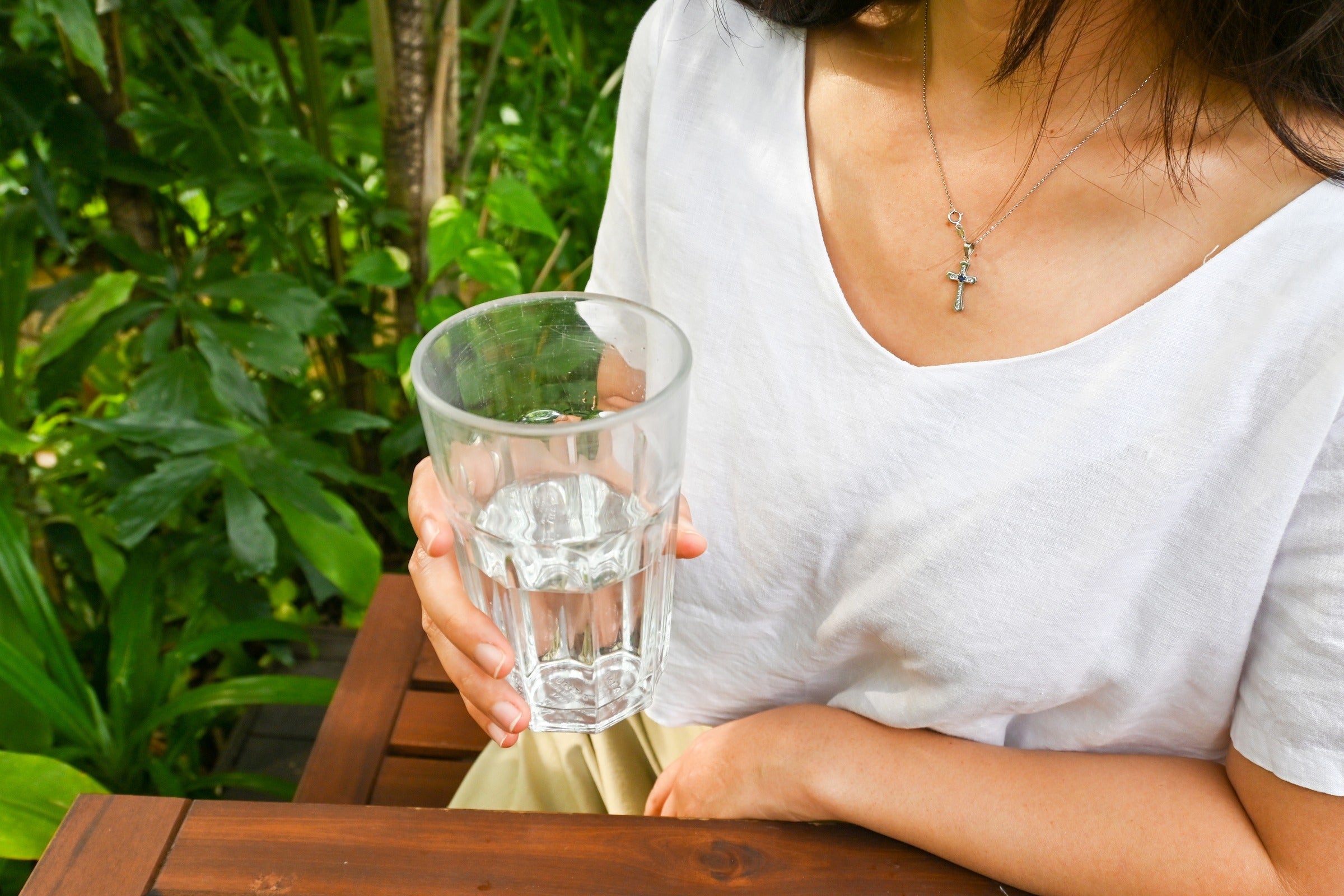
It's always better to stop an infection before it happens. The good news is there are things you can do to help keep your nipple piercing clean and healthy. Following the proper steps after you get your piercing and changing your daily habits can help prevent future infections. Here's what you should know.
Taking Care of Your New Piercing
After you get a new nipple piercing, it's essential to take care of it the right way. Here are some tips:
- Clean it often: Use a saline solution to clean the area twice daily.
- Don't touch it too much: Avoid feeling the piercing unless you wash it. This can help keep germs away.
- Watch out for signs of infection: If you notice any redness, swelling, or pus, these could be signs of a disease.

Changes You Can Make in Your Daily Life
You can also make some changes in your everyday life that can help stop infections. Here are some ideas:
- Wear the right clothes: Wear loose, clean clothes that won't rub against your piercing.
- Be careful when you're active: Be extra cautious during sports or exercise to avoid hurting your piercing.
- Eat healthy and stay hydrated: Keeping your body healthy can help it fight off infections.
Conclusion
Treating an infected nipple piercing doesn't have to be a daunting task. The key is to catch the infection early, practice diligent cleaning routines, use over-the-counter treatments as needed, and consult a professional when symptoms persist or worsen. Removing the jewelry should only be your first course if a professional advises.
Above all, prevention is your best friend. By adopting a proper aftercare routine and making a few lifestyle adjustments, you can enjoy your nipple piercing without the hassle of frequent infections. So, let's take care of that piercing because it's not just an accessory, it's a part of you.

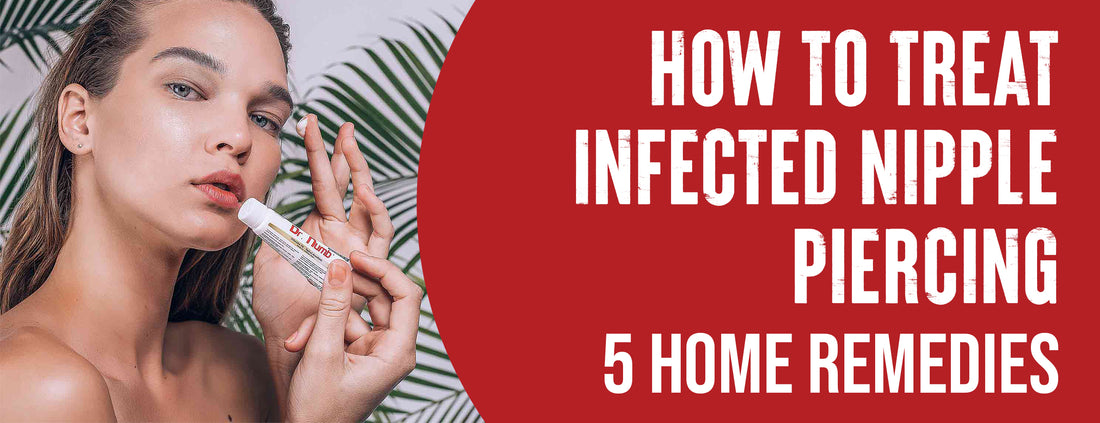





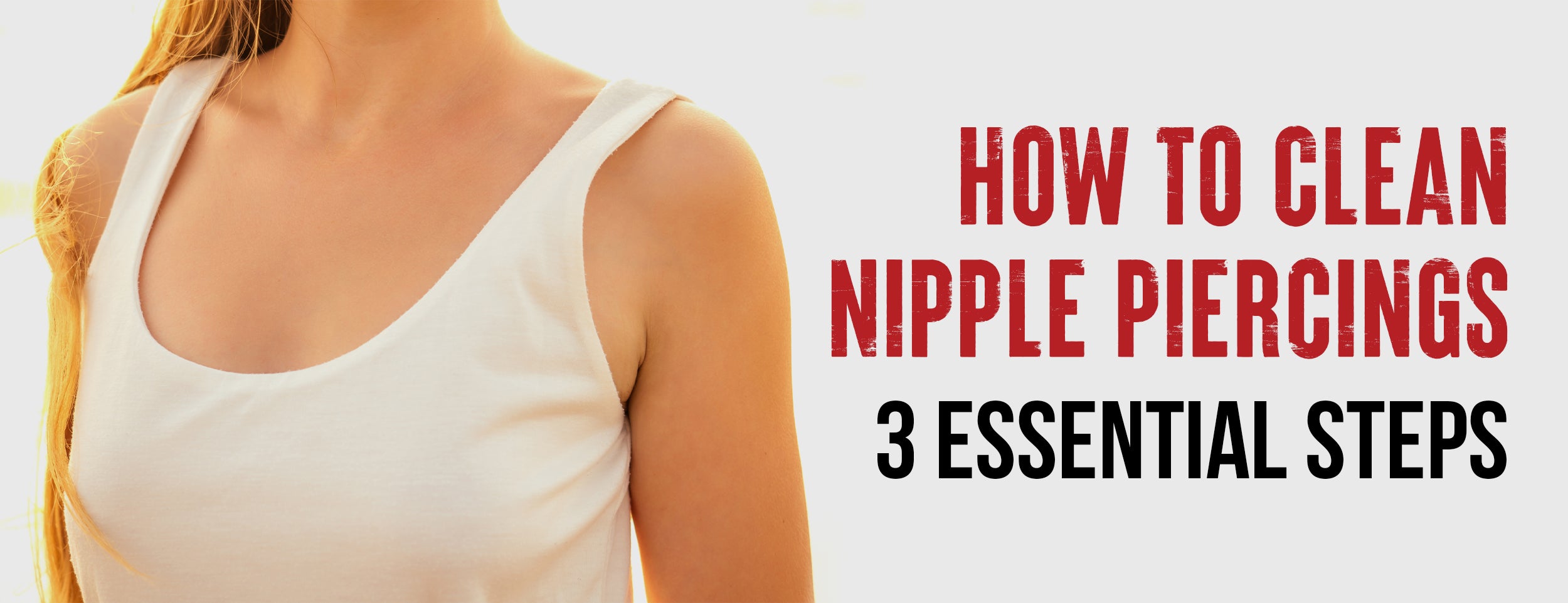
![The Recovery Time and Stages of Nipple Piercings [Best Practices]](http://drnumb.com/cdn/shop/articles/How_Long_Do_Nipple_Piercings_Take_To_Heal__3_Stages_Explained.jpg?v=1714373243)
